We often see ourselves as life’s main character and sometimes we are. Other times, however, we’re a side character in someone else’s story. We’re not the driving force of important events but an observer of another person’s actions.
In such cases, we may not get top billing with our name in the title, but that doesn’t mean our role is unimportant. As these five famous novels show, being the side character can give us access to deeper truths and a richer appreciation of the human condition than those too busy propelling the story forward.
From Nick Carraway’s critique of the American Dream to Irene Redfield’s stance on passing all the way down to Charles Marlow’s assessment of the horrors of European imperialism, it is the awareness these characters share from the sidelines that imbue their respective stories with enduring truths and staying power.
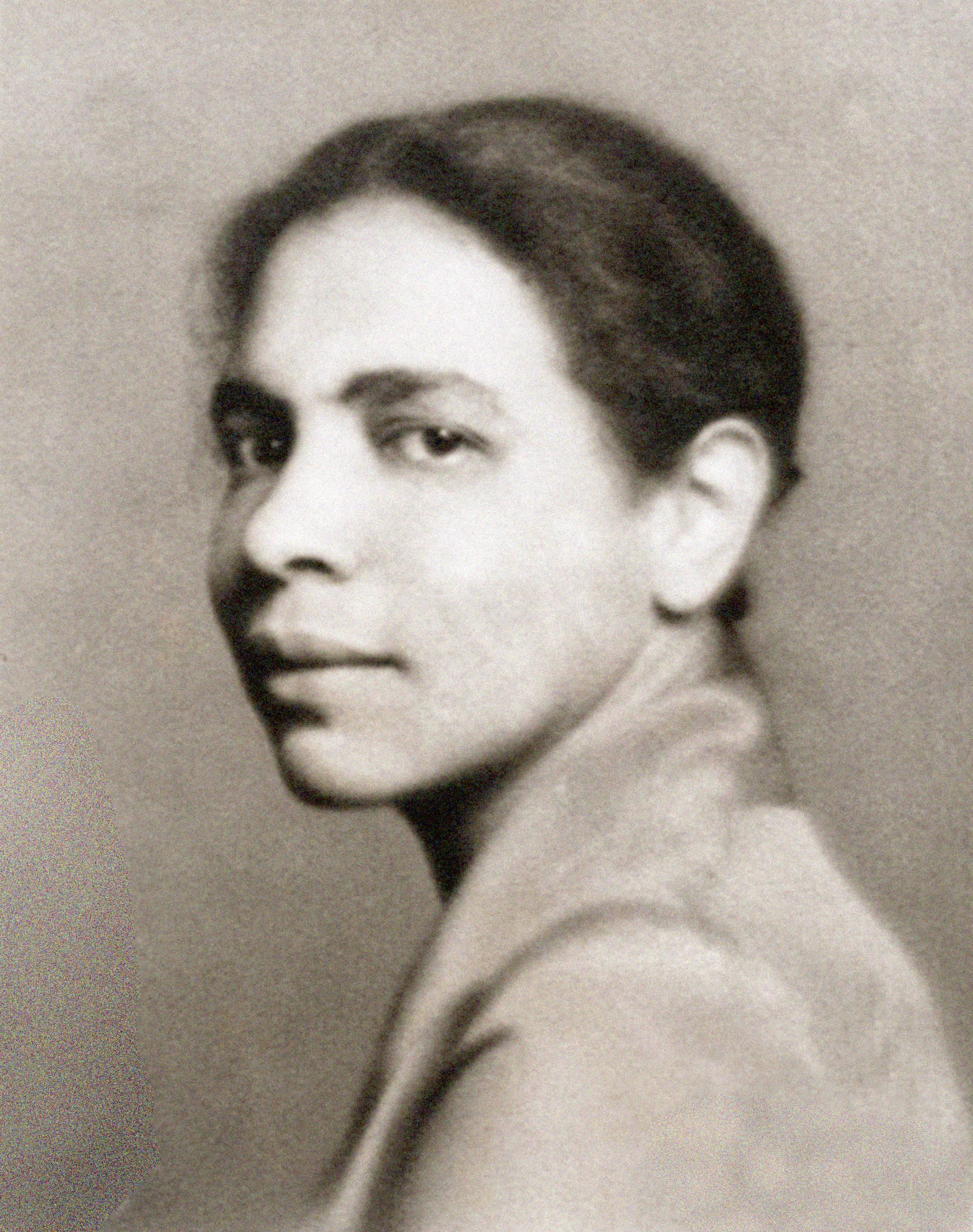
Passing by Nella Larsen
“It’s funny about ‘passing.’ We disapprove of it and at the same time condone it. It excites our contempt and yet we rather admire it. We shy away from it with an odd kind of revulsion, but we protect it.”
This 1929 novel by Nella Larsen, one of the leading writers of the Harlem Renaissance, explores race, sexuality, and gender in America at a time when all three were beginning to experience dramatic change. The story uses the perspective of Irene Redfield, a black woman with a particularly European appearance living in a black neighborhood, to explore the situations and choices of many people navigating race relations in the 1920s.
The most interesting of them is Irene’s sometimes friend Clare Kendry. Her ability to exclusively pass for white both fascinates and revolts Irene, who must grapple with her own appearance, her avoidance of passing as white, and how it impacts her relationships and self-identity. Despite Irene’s attempts to avoid Clare, the mixture of interest and distaste Irene has for her causes their paths to continuously cross, impacting both of their lives.
As the novel progresses, our understanding of Clare is filtered through her foil, Irene. Those of us who don’t understand the phenomenon of passing in the same way as the author or the characters have it explained to us, in all of its complexity, by a woman who herself has to grapple with it both as a participant and an observer — even if she doesn’t want to.
While this book is not yet in the public domain, it will be in 2025. Until then, copies are likely available at your local library.
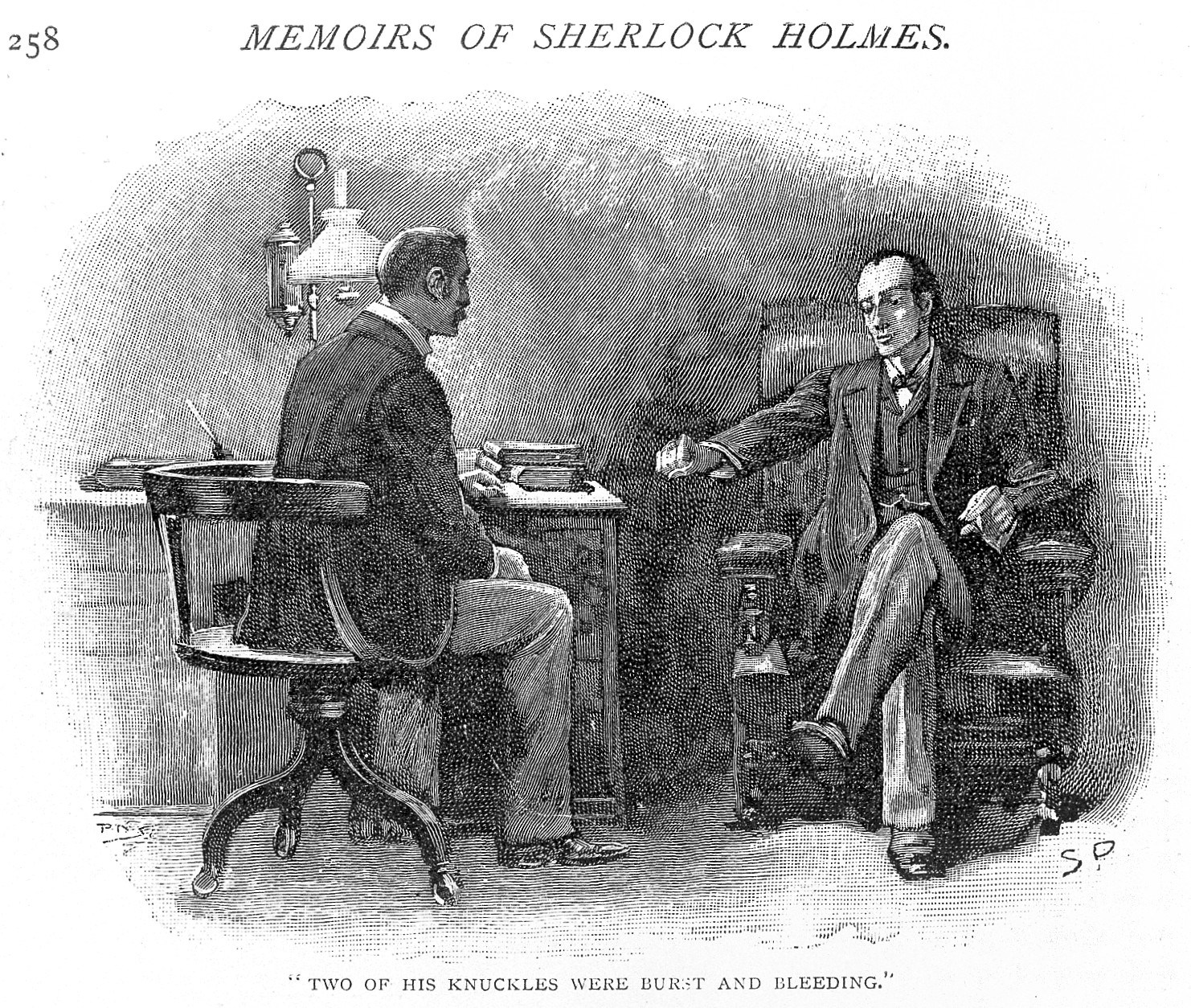
Sherlock Holmes by Arthur Conan Doyle
“He possesses two out of the three qualities necessary for the ideal detective. He has the power of observation and that of deduction. He is only wanting in knowledge.”
There is little doubt that Sherlock Holmes is the most famous detective in literature. Arthur Conan Doyle’s stories now exist in over 70 languages, and Holmes is the most portrayed literary character in film and television history.
As a detective, Holmes often takes the lead in solving the titular mysteries, but the story is told from the perspective of Dr. John H. Watson, Holmes’s loyal friend and companion. (Yes, a handful of Conan Doyle’s original 62 stories are told from Holmes’s perspective, but Dr. Watson’s viewpoint was the standard.)
There are many advantages to this. First, Holmes is eccentric and tends to fixate on minor details. Telling a short story from his perspective would render it anything but short. Dr. Watson translates Holmes’s eccentricity into something less tiring for the reader.
On a more meta level, having the story told by the companion helps keep the reader in suspense. If we had access to everything Holmes knew, the game would be over before it was afoot. By seeing the Victorian world through Watson’s eyes, not only are we provided a picture that non-detectives can comprehend, but we get to enjoy Sherlock’s exciting adventures spoiler-free.
All of Conan Doyle’s original Sherlock stories are in the public domain. You can read them here.

The Tale of Genji by Murasaki Shikibu
I had passed over Genji’s trials and tribulations in silence, out of respect for his determined efforts to conceal them, and I have written of them now only because certain lords and ladies criticized my story for resembling fiction, wishing to know why even those who knew Genji best should have thought him perfect, just because he was an Emperor’s son. No doubt I must now beg everyone’s indulgence for my effrontery in painting so wicked a portrait of him.
The Tale of Genji is arguably the first novel, depending on how you define it. Dating back to around 1000 AD, the book has an unusual style and can be a difficult read. Most relevant for our list, the story is not told by Genji but by an unnamed woman speaking to some high-ranking official about the events she witnessed when at the Imperial court. Supposedly, many others refuse to believe the tale.
The book explores the lives of the medieval Japanese court by following the interesting life of Genji, the disinherited son of the Emperor and his mistress. Demoted to a commoner, Genji interacts with a wide range of Japanese society.
The author may also appear as a character in the story, though that take is not without controversy. In any case, the story provides us a look at an aristocratic world that quickly passed into history from someone who lived it — but who wasn’t the main player in it. This gives us something of an honest look as the morally dubious cast can’t paint themselves in a better light by telling the story themselves.
You can read a public-domain translation of it here.
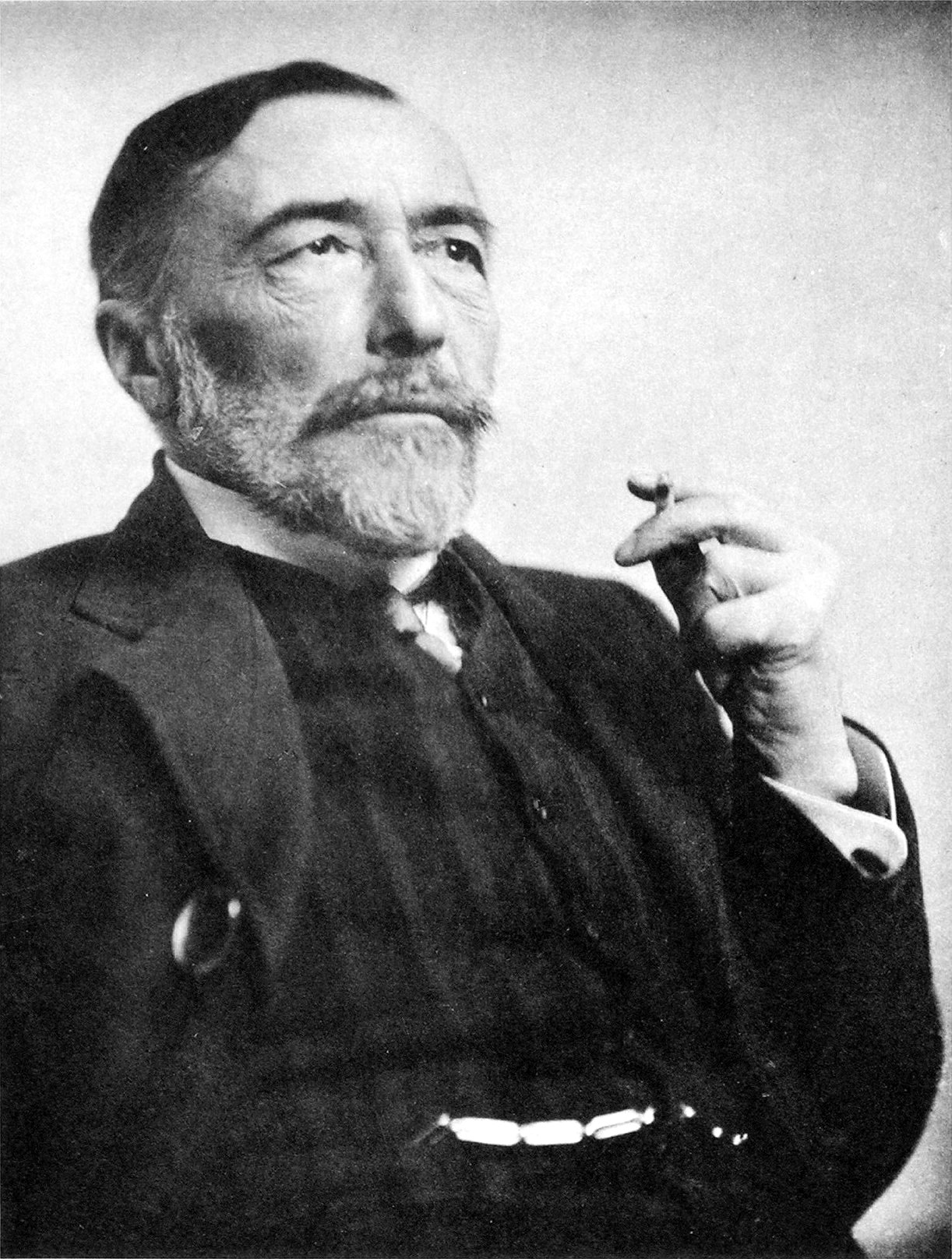
Heart of Darkness by Joseph Conrad
He had summed up — he had judged. ‘The horror!’ He was a remarkable man
Heart of Darkness is the most enduring anti-colonial novel of its era and remains a classic of English literature. The bulk of the novella tells the tale of a sailor named Charles Marlow heading up a river in what is implied to be the Belgian Congo to an ivory collection station. The station is led by a man named Mr. Kurtz, whose immense reputation precedes him.
While the story is told by Marlow to an unnamed narrator, its central figure is undeniably Mr. Kurtz. Marlow takes the same trip Kurtz took into the most inaccessible realms of European imperialism, and he continues to hear how marvelous Kurtz is while witnessing and enduring the nightmares that Kurtz and his associates have inflicted. Despite his impressive resume and allegedly progressive reasons for going to Africa, the version of Kurtz that Marlow encounters differs greatly from the man everyone talked about on the horrific boat trip.
Thanks to Marlow’s perspective, we can see both the nightmare of Belgian imperialism and the effect it has on both its victims and perpetrators. We readers are treated to the full scope of imperialism’s horrors through the eyes of someone not yet killed or driven to madness by them.
Uniquely among the narrators here, Marlow appears in several of Conrad’s otherwise unrelated works. In one of them, he is even the main character. You can read Heart of Darkness online as its copyright too has long expired.
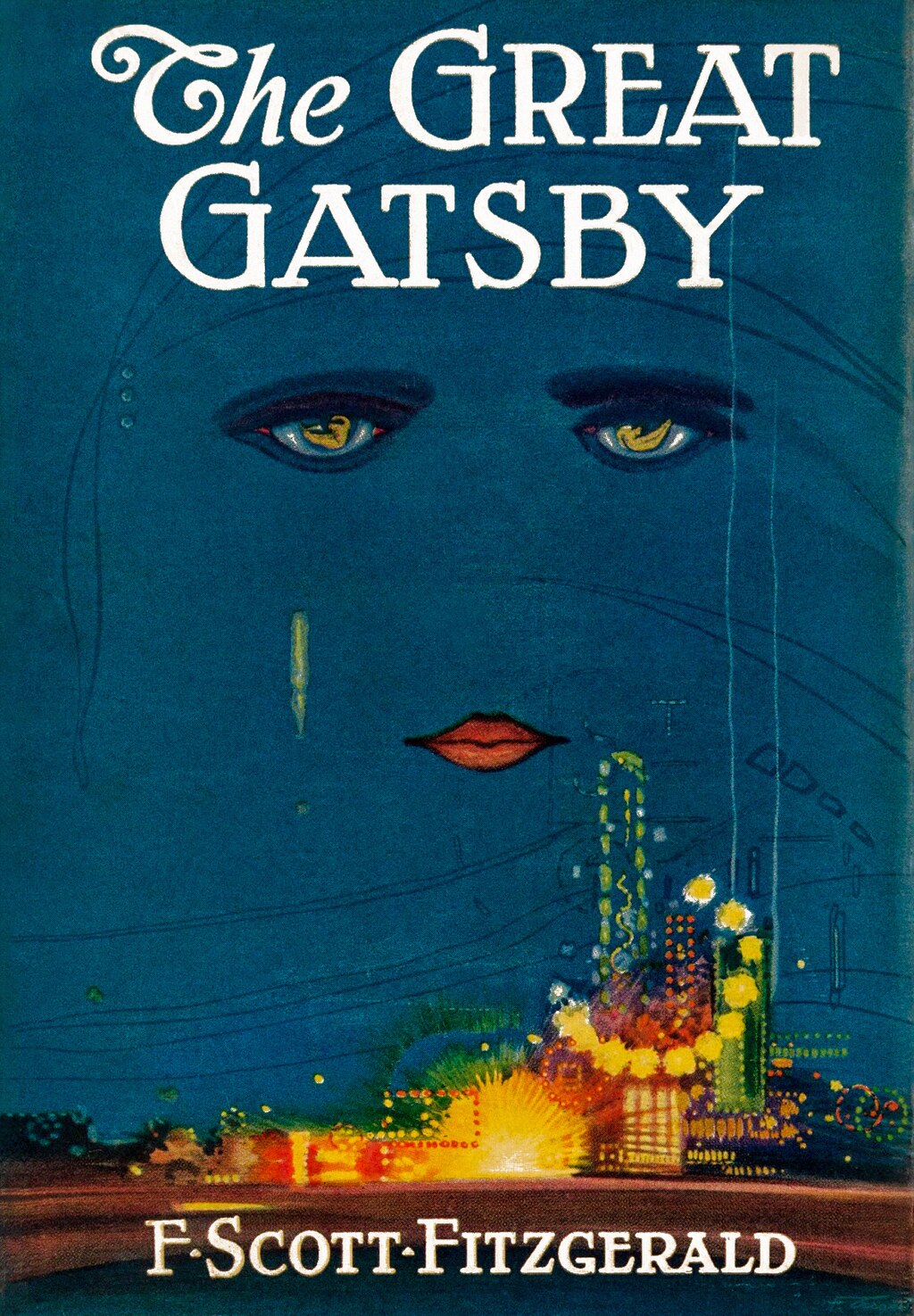
The Great Gatsby by F Scott Fitzgerald
“Yet high over the city, our line of yellow windows must have contributed their share of human secrecy to the casual watcher in the darkening streets, and I was him too, looking up and wondering. I was within and without, simultaneously enchanted and repelled by the inexhaustible variety of life.“
F. Scott Fitzgerald’s best-known work is a meditation on class in the allegedly egalitarian United States, the excesses of the 1920s, and how horrible it can be when the American Dream comes true. The story is told from the perspective of Nick Carraway, a young man who has moved to Long Island in hopes of becoming a stockbroker and cashing in on the 1920s boom. As the title suggests, the real hero of the story is his mysterious neighbor, Jay Gatsby.
The crux of the story centers on Gatsby’s attempts to woo Nick’s married cousin Daisy, his dreams of reliving the past, and his efforts to climb into the stratosphere of American society. Nick, who is an unreliable narrator, is present for many of the main events in the story. However, as hinted at in the above quote, he considers himself an observer rather than a driver of those events.
This allows us to get an outside view of the situation from somebody who admits he doesn’t entirely fit into the world he’s participating in while still being an intimate confidant of those who do. The resulting commentary on the life of the American upper crust has been debated for a century.
The Great Gatsby is now in the public domain, so you can read it here for free.
This article 5 brilliant novels told from a side character’s perspective is featured on Big Think.

The post “5 brilliant novels told from a side character’s perspective” by Scotty Hendricks was published on 06/03/2024 by bigthink.com






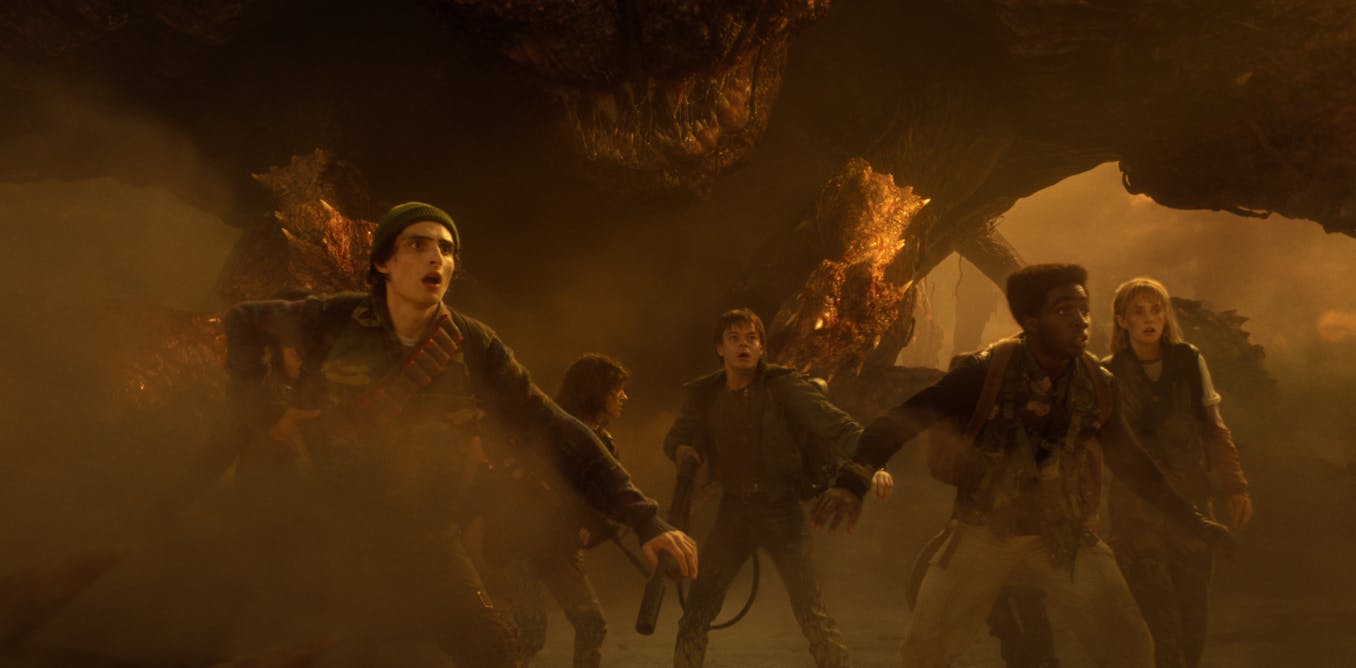























![Animals vs. Water: Hilarious Moments! 😂 [2025 Edition] – Video Animals vs. Water: Hilarious Moments! 😂 [2025 Edition] – Video](https://i.ytimg.com/vi/F1_AvAuQI5M/maxresdefault.jpg)



